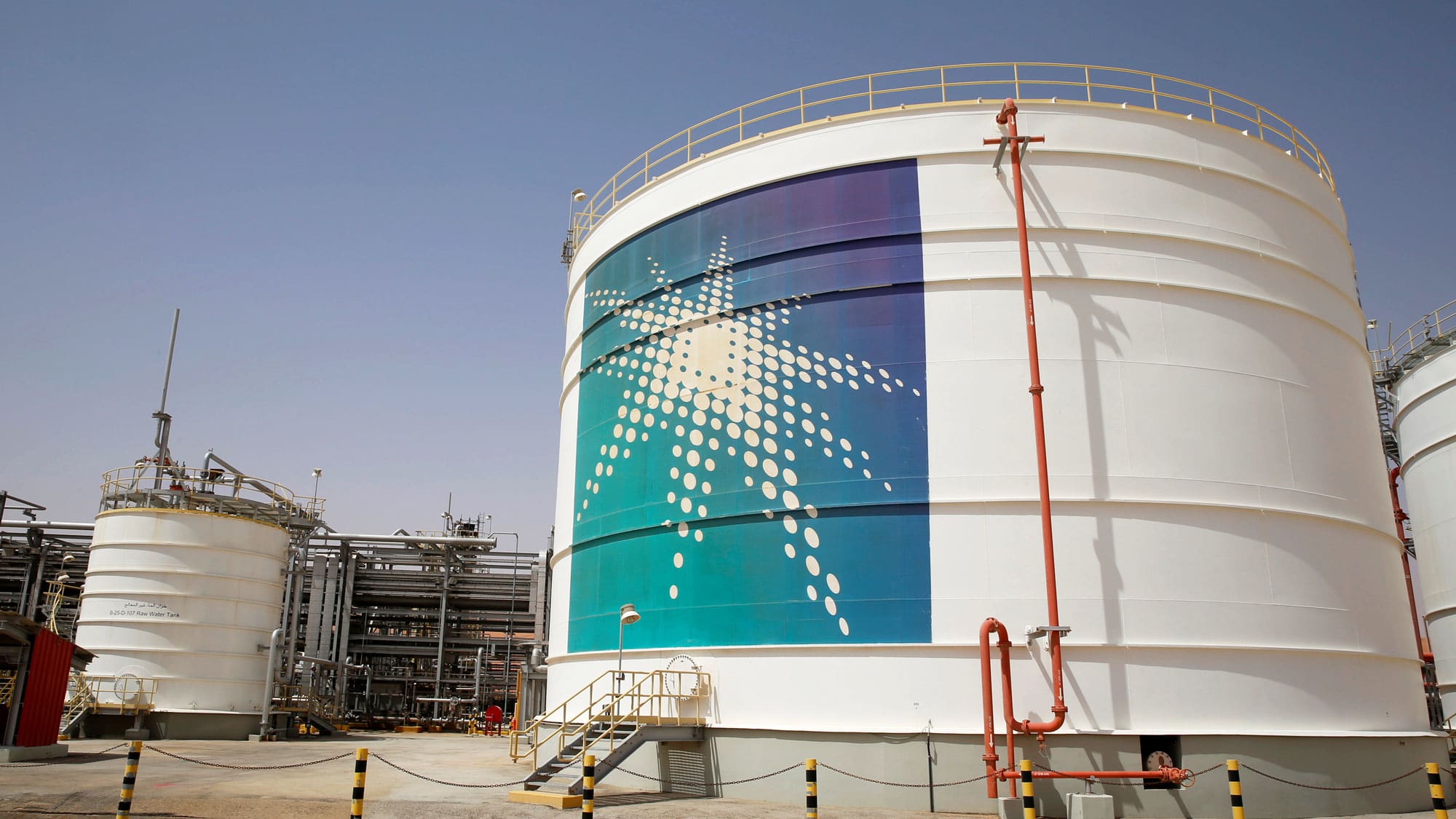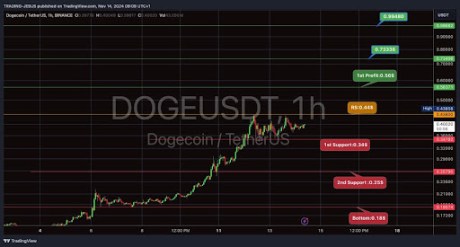Valvoline made the decision to separate its retail services and global products divisions last year, following a strategic review. Rafael Henrique/SOPA Images/LightRocket via Getty ImagesSaudi Arabia’s state-controlled Aramco announced on Tuesday that it is halting its plans to raise its crude production capacity from 12 million barrels per day to 13 million barrels per day. The world’s largest crude exporter stated that it has been instructed by the Saudi Ministry of Energy to maintain its Maximum Sustainable Capacity (MSC) at current levels, after years and billions of dollars had been invested in the directive to increase production capacity to 13 million barrels per day by 2027. Aramco did not disclose the reason behind the ministry’s decision and stated that it will provide an update on its capital spending guidance when it announces its full-year 2023 results in March.
At 7 a.m. London time, Brent crude prices for March delivery were up 0.24% from the previous close price at $82.60 per barrel. WTI contracts for March delivery were up 0.35% at $77.05 per barrel. This decision comes at a time of increasing concerns regarding oil demand globally, in light of the ongoing global shift towards decarbonization, which is casting a shadow over long-term investment projects in fossil fuels. The International Energy Agency’s annual report, published in December, projected a rise in global oil demand by 2.3 million barrels per day in 2023 to 101.7 million barrels per day. However, it noted that this growth “masks the impact of a further weakening of the macroeconomic climate.” The IEA also highlighted a slowdown in global demand growth, with projections of a halving of global gains to 1.1 mb/d in 2024, reflecting GDP growth staying below trend in major economies.
Saudi Arabia, along with other OPEC+ members, has advocated for a dual energy transition strategy that continues to utilize oil and gas in the midst of the ongoing global transition to renewable resources, in an effort to avoid global shortages. Critics have raised concerns about this approach, seeing it as self-serving for fossil fuel producers. Riyadh, as the de-facto leader of OPEC, often sets the tone for the group’s policies, leveraging its spare production capacity and ability to steer prices.
This move to halt further capacity increases comes at a time when the US is producing an unprecedented volume of crude, despite President Joe Biden’s climate-focused policies. Saudi Arabia is facing a pivotal moment as it seeks to diversify its economy away from its heavy reliance on oil and gas revenues under the Vision 2030 program initiated by Saudi Crown Prince Mohammed bin Salman. As part of this initiative, Saudi Arabia is focusing on 14 giga-projects, including the Neom industrial complex.
Saudi Arabia’s Aramco ceases plans to boost maximum oil production capacity














